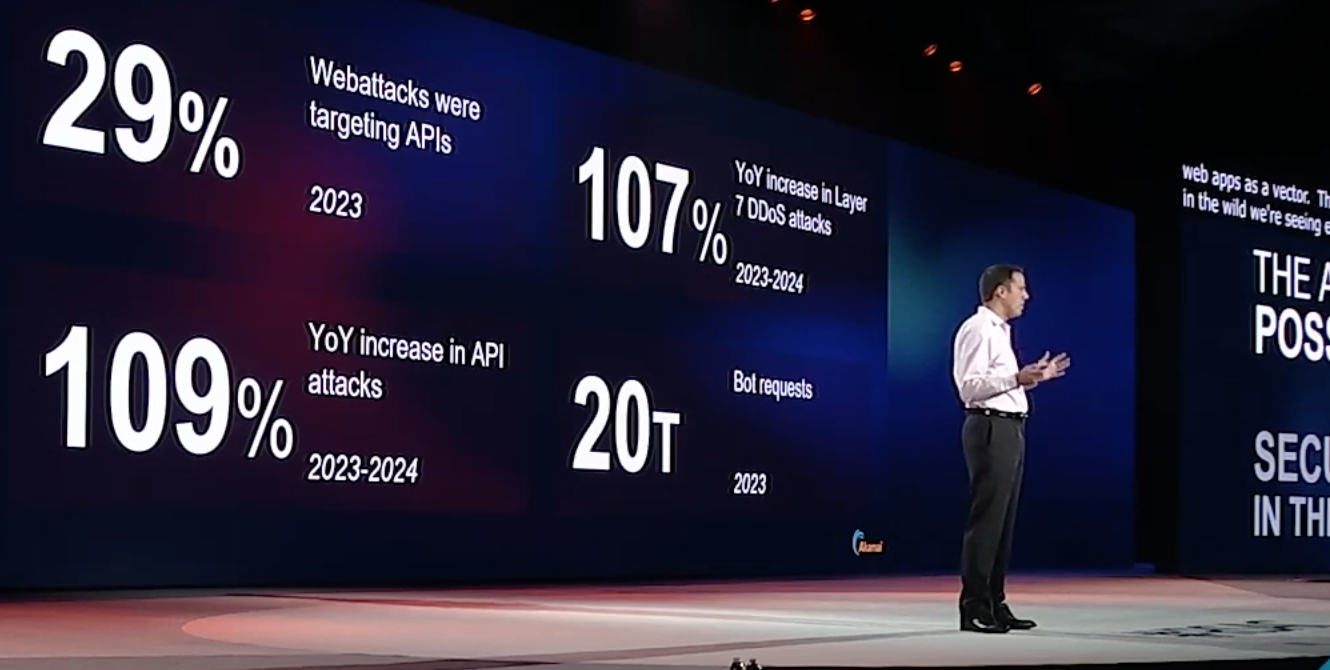Fraud report reveals danger of ‘fast-flux botnets’
RSA’s Global Fraud Report has some scary predictions for the next 12 to 18 months, as criminals become more technically savvy.

The use of sophisticated fast-flux botnets' will increase in the next year, according to a new Global Online Fraud report from RSA.
Fast-flux botnets hide the content servers delivering phishing and malware websites behind a number of compromised computers, letting addresses change very quickly to avoid detection.
"The location of the attack is constantly moving and so obviously makes it much trickier to try and get it stopped, because every time you find it it moves again," Andrew Moloney, director of marketing at RSA, told IT PRO.
The report said fast-flux networks were becoming more popular as they were easy to set up. In some cases, fraudsters rent botnets and a content server for a monthly fee.
The report noted the example of the Sinowal Trojan, which RSA discovered in October 2008. The report said the trojan had an advanced and reliable communication infrastructure, which allowed it to gather and transmit data for three years.
Moloney said: "Fundamentally what we're seeing is a commercialisation of the fraud industry at a level really greater than what we've ever seen before.
"The barrier for entry, if you're a non-technical kind of person, has been significantly lowered."
Get the ITPro daily newsletter
Sign up today and you will receive a free copy of our Future Focus 2025 report - the leading guidance on AI, cybersecurity and other IT challenges as per 700+ senior executives
This was seen with fraud-as-a-service', which meant that people didn't need technical expertise to infect a machine with a trojan or other type of attack, as they could simply buy what they needed.
Fraud-as-a-service was also likely to evolve in the next 12 months to support the development of the fraud economy.
"I think we'll see greater levels of sophistication and targeting under new service models," Moloney said.
"Within that fraud world there is a lot of buying and selling of information and credentials, and the better quality those credentials the better value they'll have."
The report said that enterprise fraud, which was still in its infancy' as criminals were only just starting to realise the benefits of phishing businesses, would increase to create a market for information'.
Moloney said: "If I can deliver the login credentials of the management team of a Fortune 500 company, that clearly has value."
-
 Should AI PCs be part of your next hardware refresh?
Should AI PCs be part of your next hardware refresh?AI PCs are fast becoming a business staple and a surefire way to future-proof your business
By Bobby Hellard Published
-
 Westcon-Comstor and Vectra AI launch brace of new channel initiatives
Westcon-Comstor and Vectra AI launch brace of new channel initiativesNews Westcon-Comstor and Vectra AI have announced the launch of two new channel growth initiatives focused on the managed security service provider (MSSP) space and AWS Marketplace.
By Daniel Todd Published
-
 'You need your own bots' to wage war against rogue AI, warns Varonis VP
'You need your own bots' to wage war against rogue AI, warns Varonis VPNews Infosec pros are urged to get serious about data access control and automation to thwart AI breaches
By Rene Millman Published
-
 CrowdStrike CEO: Embrace AI or be crushed by cyber crooks
CrowdStrike CEO: Embrace AI or be crushed by cyber crooksNews Exec urges infosec bods to adopt next-gen SIEM driven by AI – or risk being outpaced by criminals
By Rene Millman Published
-
 Microsoft security boss warns AI insecurity 'unprecedented' as tech goes mainstream
Microsoft security boss warns AI insecurity 'unprecedented' as tech goes mainstreamNews RSA keynote paints a terrifying picture of billion-plus GenAI users facing innovative criminal tactics
By Rene Millman Published
-
 APIcalypse Now: Akamai CSO warns of surging attacks and backdoored open source components
APIcalypse Now: Akamai CSO warns of surging attacks and backdoored open source componentsNEWS Apps and APIs bear the brunt as threat actors pivot to living off the land
By Rene Millman Published
-
 AI is changing the game when it comes to cyber security
AI is changing the game when it comes to cyber securityNews With AI becoming more of an everyday reality, innovative strategies are needed to counter increasingly sophisticated threats
By Rene Millman Published
-
 RSAC Chairman urges collaboration to ensure collective defense in security
RSAC Chairman urges collaboration to ensure collective defense in securityNews Chairman emphasizes the critical need for cooperation among cyber security experts
By Rene Millman Published
-
 IT Pro Live: The future of encryption
IT Pro Live: The future of encryptionVideo AI and quantum ccomputing could be about to change the face of security forever
By IT Pro Published
-
 Mobile apps now most common method of fraud
Mobile apps now most common method of fraudNews RSA Security report highlights the rise in burner devices and rogue apps
By Bobby Hellard Published